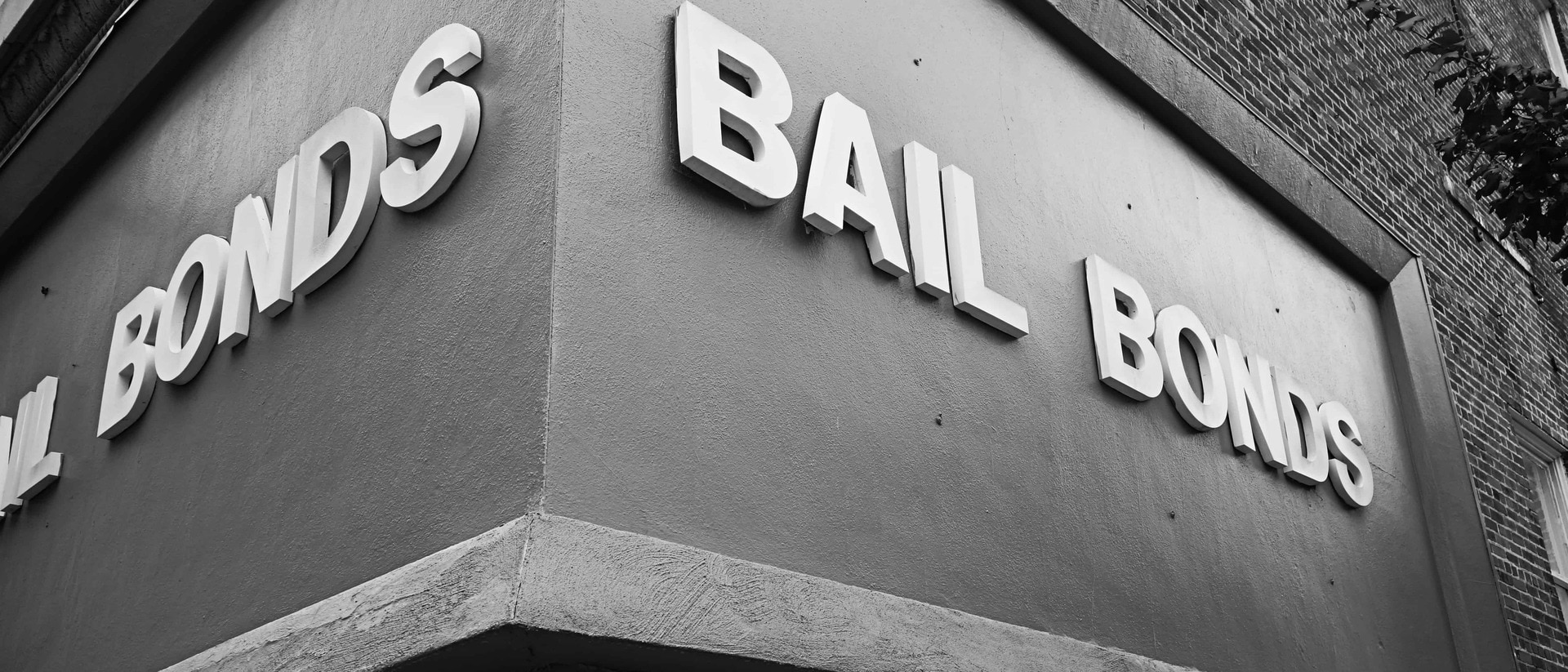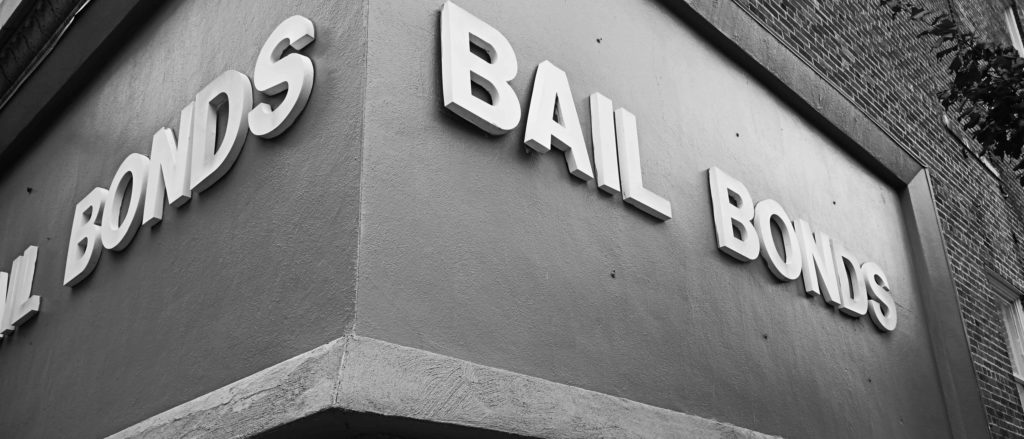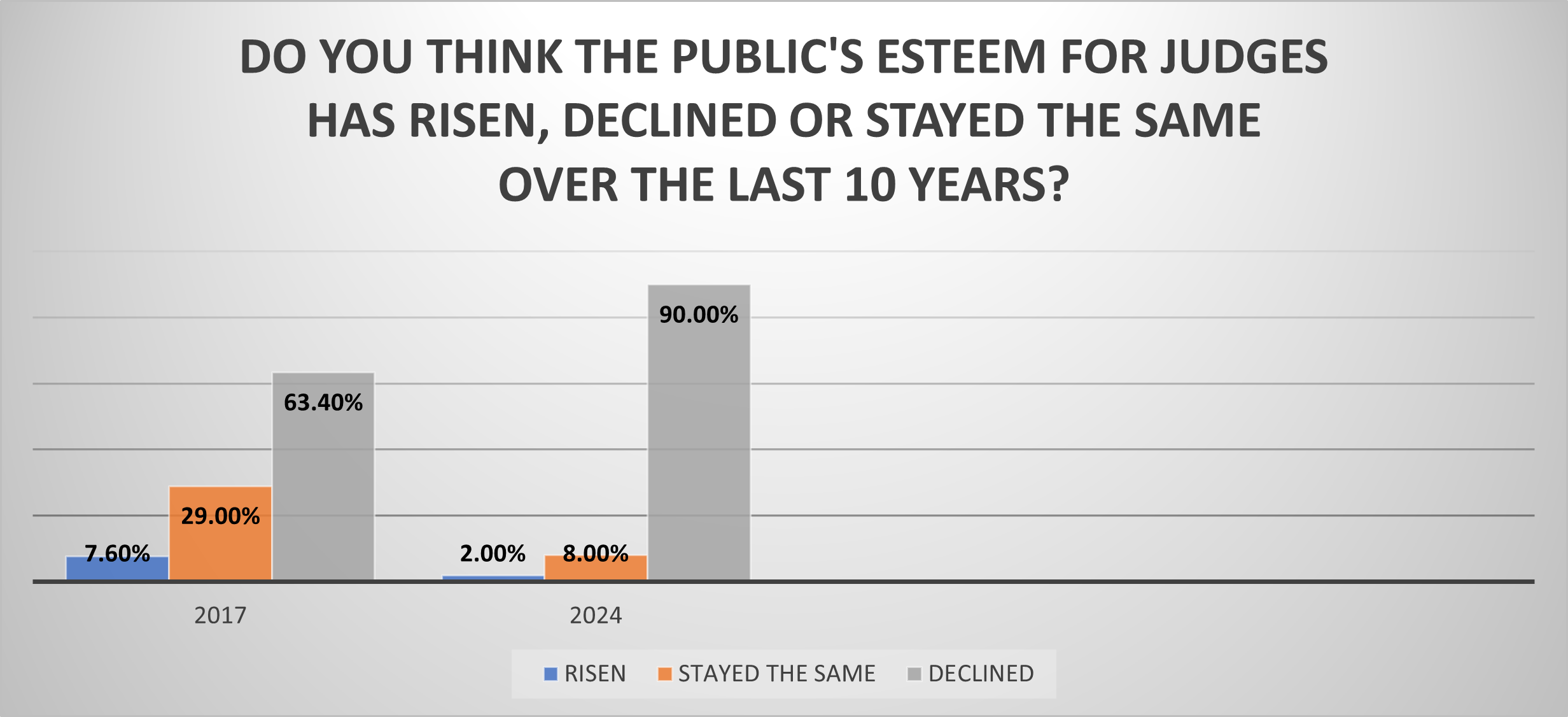
By Hon. Efrain Alvarado and Hon. Jenifer M. Harris

By Hon. Efrain Alvarado and Hon. Jenifer M. Harris
5 Do’s from Hon. Efrain Alvarado
- Know the law. There is no way you can do justice if you do not know what the law of your jurisdiction requires and allows. Your state’s constitution may dictate when and how bail is appropriate. Your state’s bail statute probably lists additional considerations.
- Understand the case and person before you. Use all information and documentation available. Is the case a felony, misdemeanor or infraction? Listen carefully to what the attorneys tell you about the situation. What is the strength of the case? Is the person employed? Do they have a criminal record? What is the record of appearance in previous cases? What is the risk of flight? Again, your state’s bail statutes will likely give you a list of items to consider in bail decisions.
- Consider the safety of the community. If your state law allows it, consider the safety of the community in your decision making. In my state, we are not allowed to factor public safety in making a decision regarding bail. But if permitted and requested in your case, it should be considered. Whether or not public safety concerns may be recognized, consider whether the issuance of a protective order for individual complainants and witnesses would be appropriate.
- Be familiar with alternatives to cash bail. An alternative might effectively and more fairly serve the same purpose. Supervised or third-party release might be appropriate when coupled with a program requiring weekly or monthly check-ins. Such an arrangement might also offer support services such as drug, alcohol and anger assessments.
- Take your time. Take as much time as necessary to make an informed decision. This can be particularly difficult when presiding over a high-volume, first-appearance court, but every individual before you is to be presumed innocent. The setting of a bail that cannot be made not only restricts liberty but can have profound effects on employment, family, housing and other areas of daily life. This is a very important decision that should be made with great consideration.
Efrain Alvarado is a justice of the Bronx County Supreme Court in New York. He’s an alumnus of the NJC and joined the faculty in 1999. He’s currently a member of the Faculty Council.
5 Don’ts from Hon. Jenifer M. Harris
- Don’t bow to public and media pressure. Being a judge requires courage. You cannot do this job well if you let fear of losing your job affect your decisions. When making bail decisions (and all decisions), do what is right, not what you think will make you look good on the news.
- Don’t give inordinate weight to the charge or financial conditions. The allegations against the defendant should be a basis of the decision, but other factors may be more indicative of whether the accused will show up in court or pose a threat to the community. Don’t base your decision solely on standard bond amounts—this gives all the weight to the charge and none to those other factors. Lastly, don’t rely on financial conditions in setting bail, as this can cause socioeconomic and racial disparities.
- Don’t make bond a form of punishment. Presumption of innocence is fundamental to justice for good reason. Setting a high bond in the absence of relevant risks is a form of pre-judging.
- Don’t base the decision on gut instinct. We all have implicit bias. Release decisions based on gut instinct will exacerbate disparities within the system. Evidence-based risk-assessment tools, such as the ones listed in this report from the National Center for State Courts, can be effective in removing biases from these decisions. If you don’t have access to these tools, become familiar with the factors underlying the assessments.
- Don’t be scared of what is impossible to know. To focus solely on how it will look if the released person commits another crime places more emphasis on a judge’s political or personal well-being than the community’s well-being. This Judicial Edge essay tells the story of a defendant murdering his girlfriend after being released on bail and the judge being tormented by his decision. Nobody wants to be in that judge’s shoes, but the reality is we don’t have crystal balls and can’t predict the future. All you can do is make the best decision based on the information available to you.

This month’s one-question survey* of NJC alumni asked, “How is 2024 shaping up for you and your court?�...

RENO, NV (PNS) – As they eye their inaugural football season this fall, the Gaveliers have question marks...

RENO, Nev. (March 8, 2024) — In what may reflect a devastating blow to the morale of the judiciary, 9 out...

In what may reflect a devastating blow to the morale of the judiciary, 9 out of 10 judges believe the publi...

RENO, Nev. (Jan. 26, 2024) — The nation’s oldest, largest and most widely attended school for judges �...